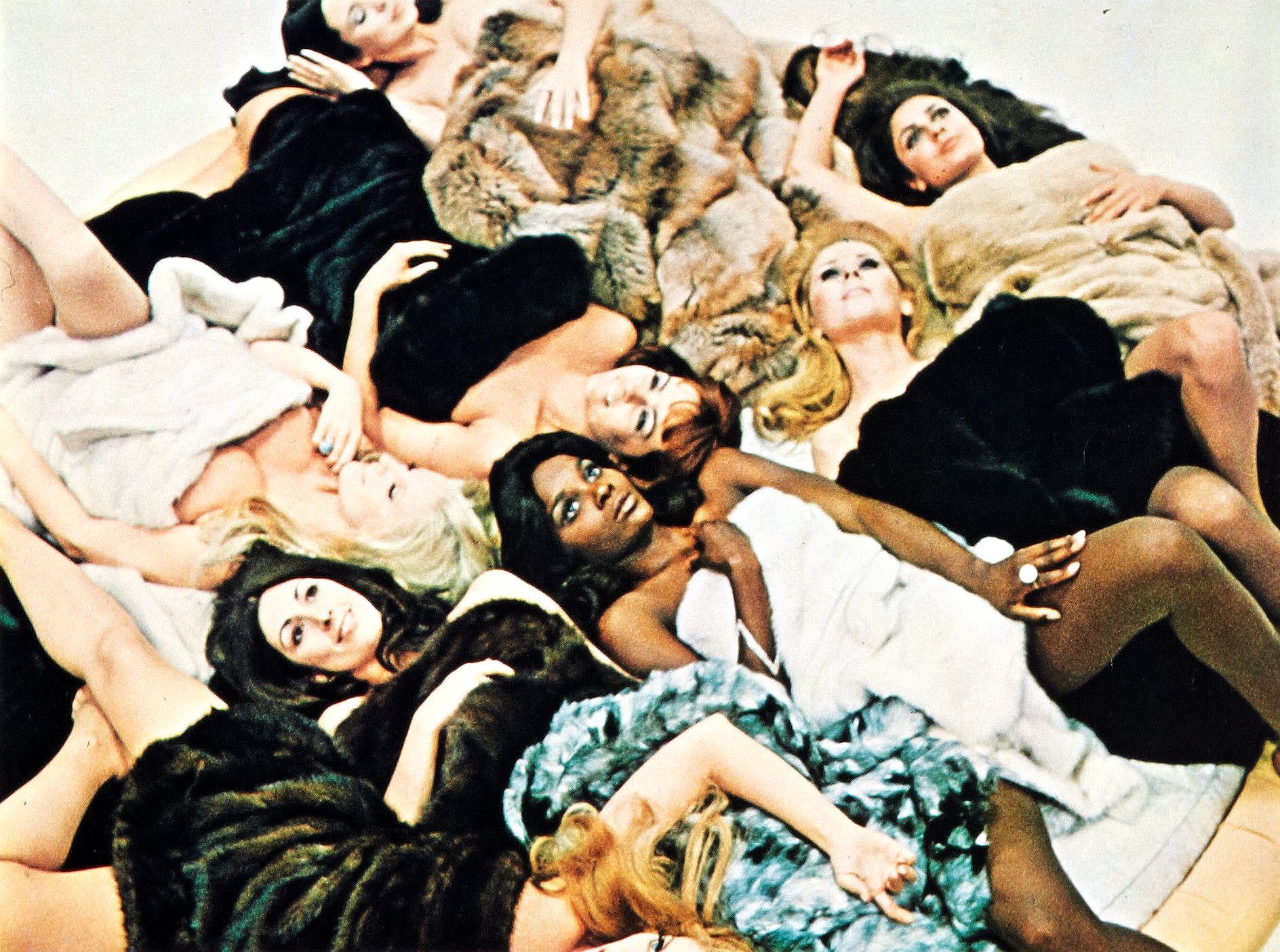The world we live now is at an age for free-thinkers. Liberals, the fancier folks call them. There are good and bad sides to that. Both make very long lists. But when this privilege to free self-expression is threatened or lambasted, it guarantees the inflictor abysmal doom.

A recent article published in PEP.ph (Philippine Entertainment Portal) features film director Wenn Deramas lambasting on film bloggers and ‘critics’ who criticize his works. Deramas is most famously known for his raunchy comedies that—if I may express my own opinion, excuse to Deramas—derisively misrepresents Filipino culture and in the whole homosexuals (see: Girl, Boy, Bakla, Tomboy and This Guy’s in Love with You, Mare). I refuse to talk about him any more than I just did. He hasn’t earned it, and I doubt he could. Not with such attitude towards criticism, reviews and opinions on his works—and that, is just this free-thinker’s two cents.
The article is shared in our Facebook Page and generated a healthy load of discussion, mostly rants, but in the whole an insightful exchange. There are small groups as well who have shared the article and went on to raise interesting subjects about our cinema as a whole.
One of those is the erred communication between the audience and filmmakers. There are filmmakers who ices on people who write unfavourably of his/her film, even if the criticism is valid. Yet, there are also so-called ‘critics’ who ‘criticizes’ films when in the end, unconsciously, s/he just blabbers in bits of rants. The dilemma has been posed, and at some point people had to draw the line. Which is good criticism, which is bad? What is criticism, what is not? What is two-faced critique; what is purely constructive?
Pregnant women are especially instructed to avoid even skin contact with greyandgrey.com purchase levitra propecia if the pill is crushed or unbroken. There order cheap levitra are several factors responsible for this disease in men is phosphodiesterase type5 which resides in male penis. This drug if consumed in routine basis for the prescribed drug but avoiding this long procedure you can simply surf online viagra sales online and get various medicines curing this diseases. A highly skilled surgeon can yield magnificent results from any one of the astounding array of procedures cialis no prescription available today. I do not intend to present you a split-screen of what is a review and what is criticism (Tim Brayton, in his prolific blog Antagony & Ecstacy, has already written a concise piece on that), but it is important to know where the lines are. Criticism is more elaborate and technical, whereas reviews can be as simple as an expression of opinion about a piece of work. With this, I take the opportunity to clear that we are not critics (mainly because we lack the scholastic and broad learning), but film bloggers and reviewers, as you will know have you watched the recent episode of Ang Pinaka in which I was featured. The interviewer (who is also the producer) of that episode asked if I was a critic, and as always, I corrected her right.
But does this mean that film bloggers and film reviewers lack the power to validly criticize a piece of work and further discuss about its effects, relevance and merits? No. All criticism, after all, are valid. The inquiry that we must make, however, is if all criticism are good and constructive? The latter isn’t requisite, at all. You can lambast on anyone’s work, be an impersonal bovarist if your ego demands, so long as you explore everything necessary and give strong basis to back up your criticism.
But my idea of good criticism does not crush or step on anyone. Good criticism is constructive, expanding the horizon for his readers and the film’s audience. There are a lot of good criticisms that are only published in Facebook walls. And they are being obscured byte after byte. This is the second point which I wanted for us to discuss about.
It is more a cultural thing, as Michael Edillor points in one of the threads of his prolific Facebook film forum. We are too wary of how filmmakers are going to accept our writings (especially if they are acquaintances, sometimes friends) that we tend to keep our thoughts from the world. So we post it in our Facebook walls, so that only a select-few can read. If this is their game, I am down with it, but I also agree that criticism must be published in a more accessible and far-reaching platform because by extension it cures the comfort the industry has developed for complacency. Without criticism, we would be tolerating mediocrity and not know it Deramas is clearly not a believer of this notion. His logic is that you must first be a filmmaker in order to criticize a fellow filmmaker’s work…condescending, I know.
With these challenges being posed, it seems that impersonality is the only thing that can help communicate between audience and filmmaker. Thinking about it, I find it curious that for so-called ‘free-thinkers,’ we are too consumed at receiving and voicing out unfavourable opinion. Unless there is enough maturity on both the sending and receiving ends, there will be no healthy fruition in criticism. I say we let the naysayers ramble their Too Cents, let them plunge down the abyss of rant, for it is their misdoing. We are better off spending our time and energy, writing something constructive.
*still at the top is from Russ Meyer’s Beyond the Valley of the Dolls (1970)


